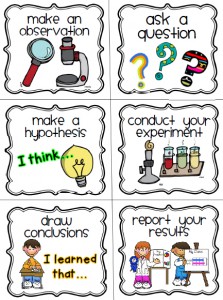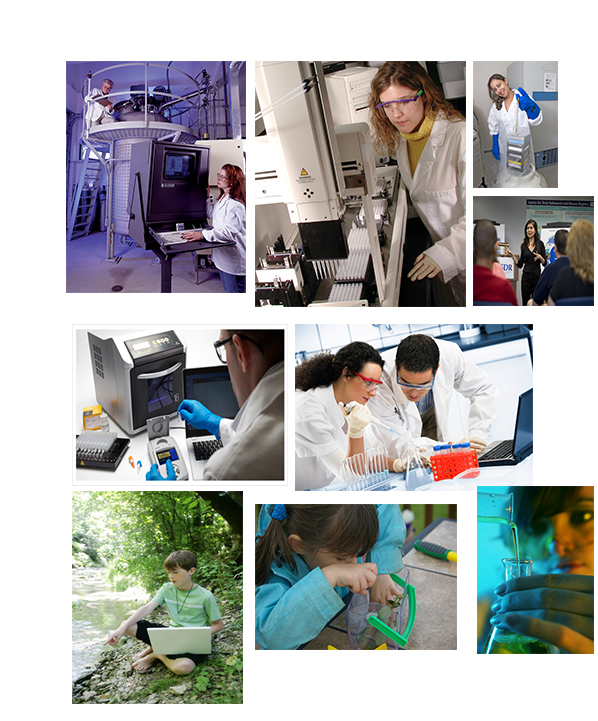Do you remember what it was that first inspired in you your life’s passion for science? Was it collecting bugs, frogs or other creatures as a child? Or maybe that first chemistry set—the one that had your mother hovering behind you with a fire extinguisher. Perhaps it was a parent or teacher that first sparked something in you that never dimmed. Whatever, or whoever, it was that first kindled your interest in science, no doubt there have been times when you wished that someone would offer you some advice on how to navigate through the modern, rapidly changing world of science.
On this past Saturday, I took a trip to my local library on a quest to get just exactly that. To be specific, I was going to check out a copy of Edward O. Wilson’s Letters to a Young Scientist (1). Although I haven’t had time to read more that the first chapter, the advice that he offers at the end of that chapter struck me as good advice to any young (or not so young) person:
It is quite simple: put passion ahead of training. Feel out in any way you can what you most want to do in science, or technology, or some other science-related profession. Obey that passion as long as it lasts.
Wilson is speaking specifically to young scientists, but it seems to me that this main point is more universal than that: It applies to the not-so-young scientist and the nonscientist as well.
I am really looking forward to reading the rest of the book, but for today I am challenging myself as well as all of you to “obey the passion”. Even if you can only do it for one day, put aside the demands of career or school, find that passion that started you on your journey in science and follow it!
Reference
- Wilson, E.O. (2013) Letters to a Young Scientist. Liveright Publishing, New York.
Like this:
Like Loading...



 When searching for a job it’s important to consider the job duties as well as the company and the company’s culture. Two companies have become famous for their cultures—Google and Zappos. Google is known as a company where you work hard in an amazing environment. Oh, and the food is free! Zappos is known as a place where employees are valued, and customer service is the first priority. Here at Promega, science rules, employee well-being is extremely important, and you can make a big impact regardless of your job title.
When searching for a job it’s important to consider the job duties as well as the company and the company’s culture. Two companies have become famous for their cultures—Google and Zappos. Google is known as a company where you work hard in an amazing environment. Oh, and the food is free! Zappos is known as a place where employees are valued, and customer service is the first priority. Here at Promega, science rules, employee well-being is extremely important, and you can make a big impact regardless of your job title. 5. No one in your family bothers to ask you what you’re studying anymore.
5. No one in your family bothers to ask you what you’re studying anymore.
 As a recruiter, I look at resumes every single day. It’s part of my job. A good resume will get your information passed on to a hiring manager, and a bad one will end up in a rejection pile. A candidate could be a perfect fit for the job, but if the resume does not reflect HOW they are a perfect fit, they will not get moved forward in the interview process.
As a recruiter, I look at resumes every single day. It’s part of my job. A good resume will get your information passed on to a hiring manager, and a bad one will end up in a rejection pile. A candidate could be a perfect fit for the job, but if the resume does not reflect HOW they are a perfect fit, they will not get moved forward in the interview process.


